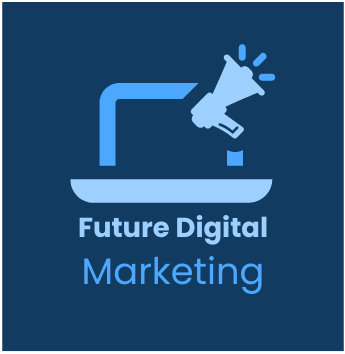How to Succeed with Google Ads on a Small Budget: A Practical Guide for Beginners
Can you really succeed with Google Ads for just $3 a day? Absolutely. In fact, starting with a small budget is often the smartest move for new advertisers and small businesses. With the right focus and strategy, even limited ad spend can deliver powerful results.
In this guide, we’ll walk you through a proven, step-by-step strategy to maximize your ROI from Google Ads—whether you’re spending $3/day or $3,000/month.
What’s Considered a “Small” Google Ads Budget?
Understanding your budget category helps you plan better:
- Small Budget: Less than $3,000/month (under $100/day)
- Tiny Budget: Less than $600/month (under $20/day)
The goal? Start small, test what works, and scale with confidence.
Why Google Ads Can Work Even with a Small Budget
Contrary to popular belief, small budgets can outperform large ones—if used strategically, the secret lies in focus, campaign discipline, and data-driven decisions.
Here’s how to make your small budget punch above its weight.
Step-by-Step Strategy for Google Ads Success on a Budget
1. Choose One Campaign Type (Start with Search)
Avoid running multiple campaign types (Display, Shopping, YouTube, etc.). Instead:
- Start with a Google Search campaign.
- Search targets high-intent users actively looking for your products or services.
- It’s easier to control, track, and optimize compared to automated or multi-channel campaigns.
Pro Tip: A focused Search campaign on a $10–20/day budget can outperform a scattered $50/day campaign across different formats.
2. Skip Performance Max—For Now
Performance Max (PMax) campaigns are automated and powerful, but not ideal for small budgets or beginners. Why?
- It spreads your budget across Search, YouTube, Gmail, and Display.
- It requires historical conversion data to work well.
- You have less control over targeting and placements.
Stick to manual Search campaigns until you’ve gathered solid performance data.
3. Promote One Winning Offer
Don’t advertise everything at once. Focus on a single high-performing product or service, ideally one with:
- High search demand
- Healthy profit margins
- Clear customer need
This helps Google optimize faster and gives you better ROI from the get-go.
4. Geo-Target Smartly
Avoid broad national targeting on a tight budget. Instead:
- Target specific cities, zip codes, or even a radius around your business.
- Tailor your ads to local needs.
- Reduce wasted impressions from irrelevant areas.
5. Use Low-Cost, High-Relevance Keywords
Avoid bidding on the most expensive, broad-match keywords. Instead:
- Focus on long-tail keywords with lower CPC.
- Make sure they reflect buyer intent.
- Monitor and refine regularly.
Example: Instead of “marketing agency,” try “affordable digital marketing agency in Austin.”
6. Qualify Clicks with Your Ad Copy
Not every click is a good click. Use your ad copy to pre-qualify leads:
- Mention price ranges or “starting at” pricing
- Include location (e.g., “Dentist in Delhi”)
- Highlight use case (e.g., “CRM for real estate agents”)
- Include a Specific Age, like “Perfect for 50+”, to avoid getting wrong clicks
This discourages unqualified users from clicking and improves your conversion rate.
7. Optimize Early—and Often
Don’t “set and forget.” Start optimizing as early as Day 3:
- Pause underperforming keywords
- Test new match types (broad, phrase, exact)
- Use A/B testing for headlines and descriptions
- Shift budget to best-performing ad groups
Check your search terms report regularly and add negative keywords to stop irrelevant queries from draining your budget.
Helpful Tools and Tactics for Small Budgets
Here are a few simple yet effective tools to boost your performance:
- Pin ad headlines to emphasize key selling points
- Use ad extensions (callouts, site links, location)
- Apply radius targeting for hyper-local reach
- Regular audits to remove wasteful keywords
Leverage Google Tag Manager + Google Analytics to track performance precisely
When to Scale—and How
Once your Search campaign consistently drives profitable conversions:
- Gradually increase your daily spend (by 20–30% every few days)
- Test Performance Max with existing data
- Introduce Shopping or Display campaigns for brand awareness
Use automated bidding strategies (like Target CPA) once enough conversion data is available
Key tip: Spend Smart, Not Big
Google Ads success doesn’t depend on how much you spend—it’s about how you spend it.
By narrowing your focus, optimizing consistently, and using your budget intentionally, you can generate real leads and sales—even on $3/day.
So don’t wait until you have a big budget. Start small. Test smart. Scale strategically.

